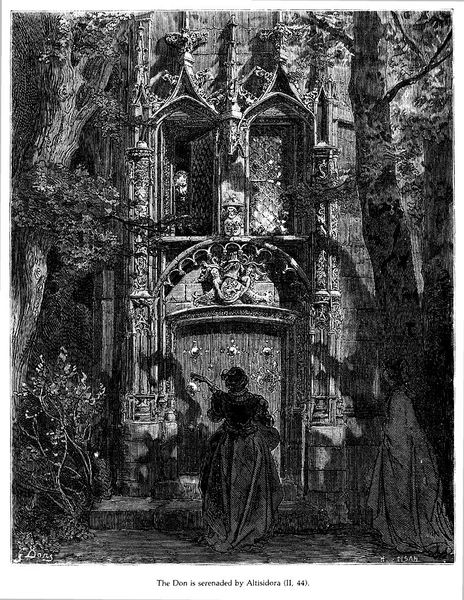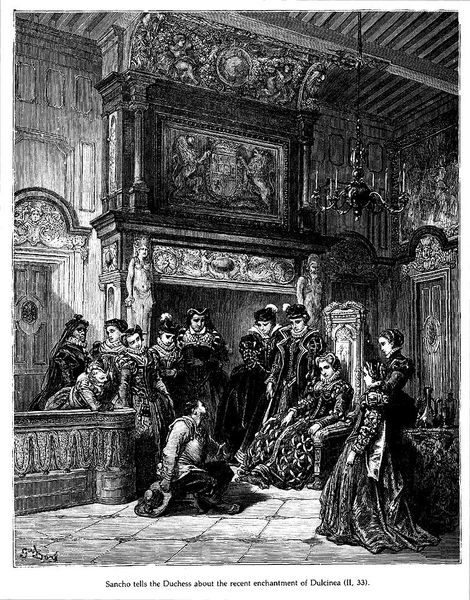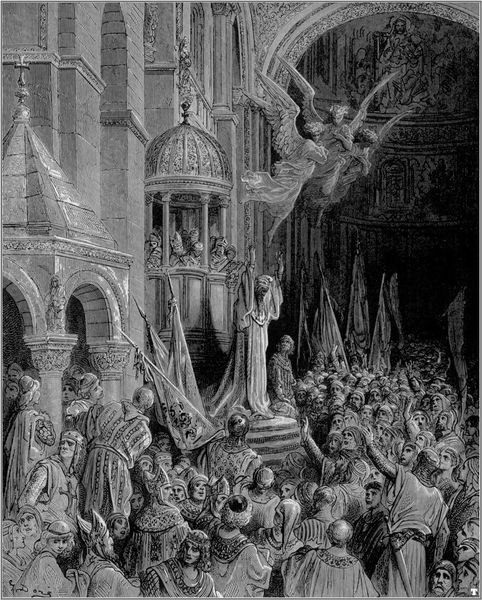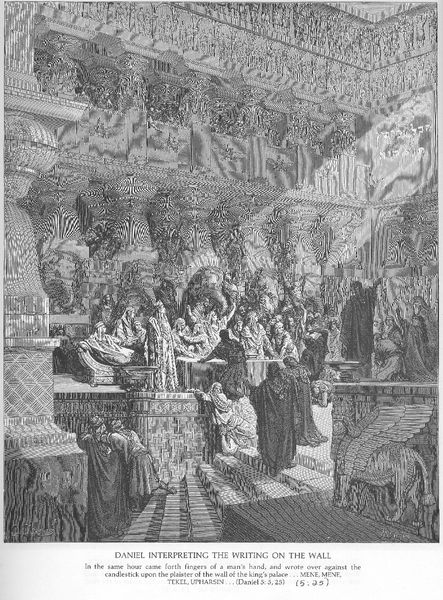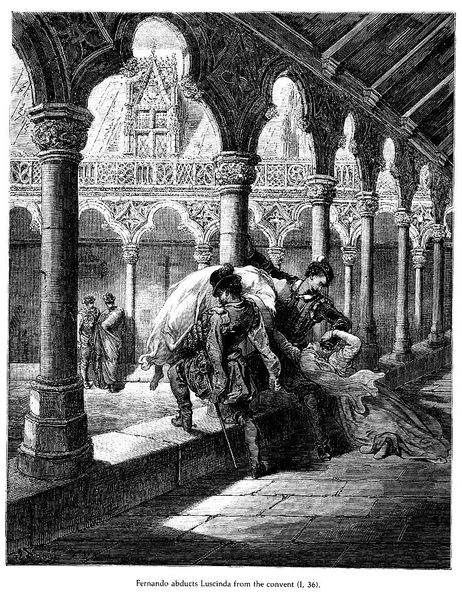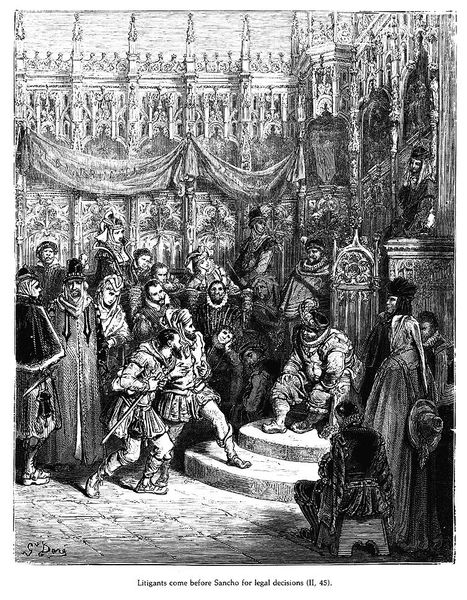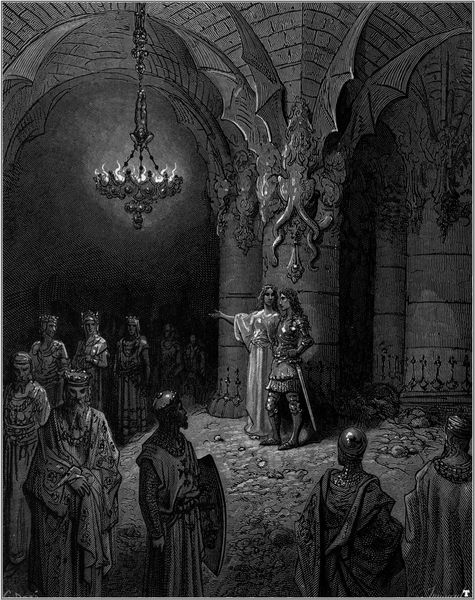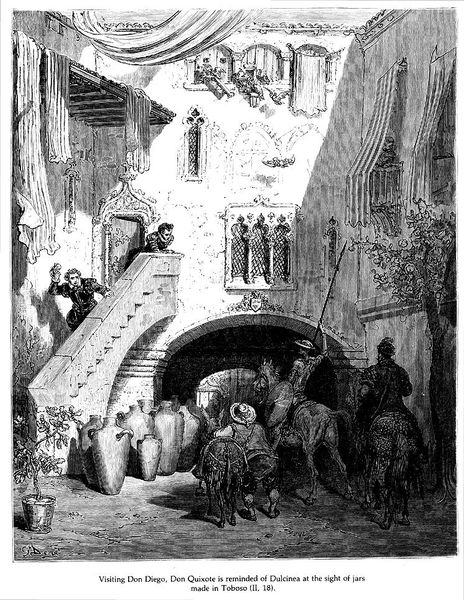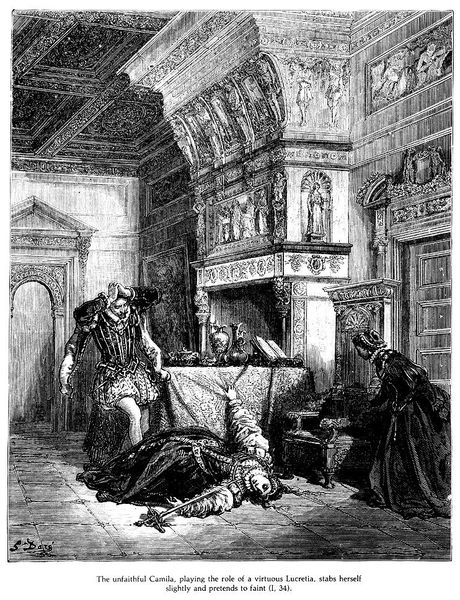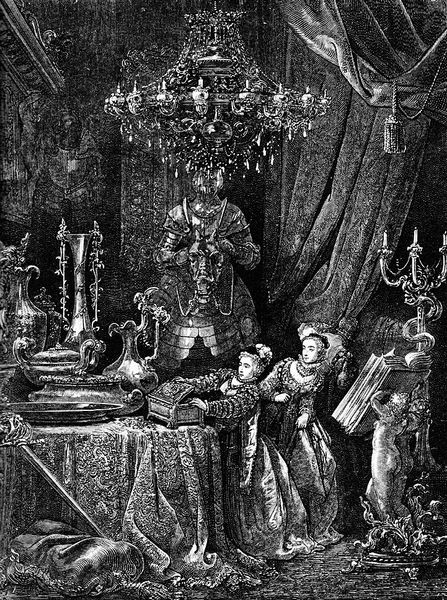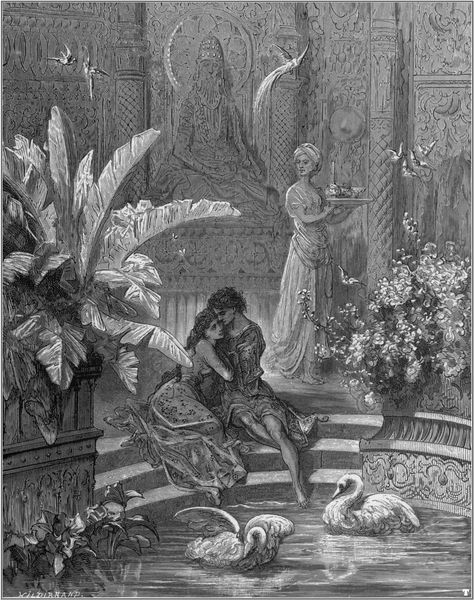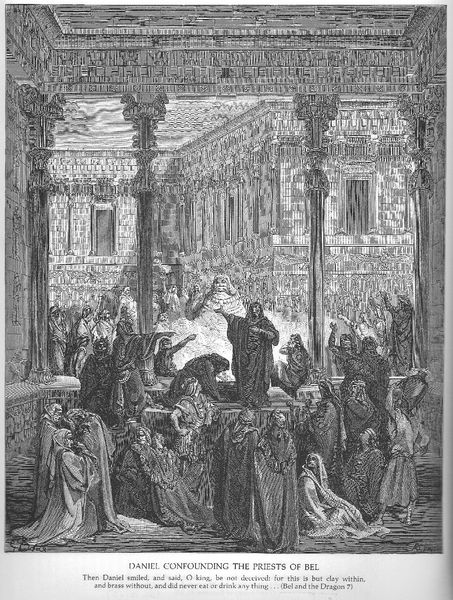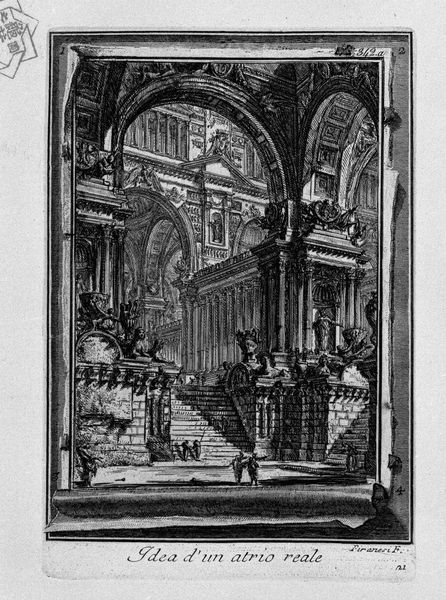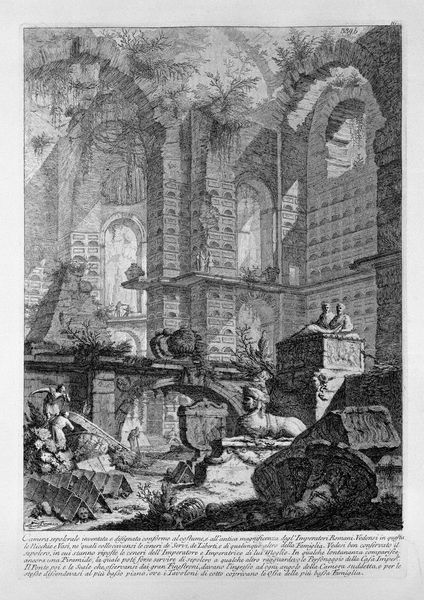
drawing, paper, photography, ink
#
drawing
#
narrative-art
#
figuration
#
paper
#
photography
#
ink
#
black and white
#
line
#
genre-painting
#
history-painting
#
realism
#
statue
Copyright: Public domain
Gustave Doré made this engraving, 'Don Quixote', to illustrate Miguel de Cervantes' early 17th century novel. It speaks of the enduring power of the chivalric romance, and the complex relationship between literature and society. Doré, working in 19th century France, drew on the imagery of medieval tapestries and illuminated manuscripts to create a world of fantasy and imagination. The image suggests the historical associations of the tale; we see Don Quixote arriving at a castle and hearing a tale of enchantment. Doré's highly wrought style, with its dense detail and dramatic use of light and shadow, adds to the image’s romantic appeal. But what did Cervantes' original story mean in the context of early modern Spain, and what did Doré's illustrations add to its interpretation? These are the kinds of questions a social historian of art would ask, and might be answered by research into archives of literary history.
Comments
No comments
Be the first to comment and join the conversation on the ultimate creative platform.
